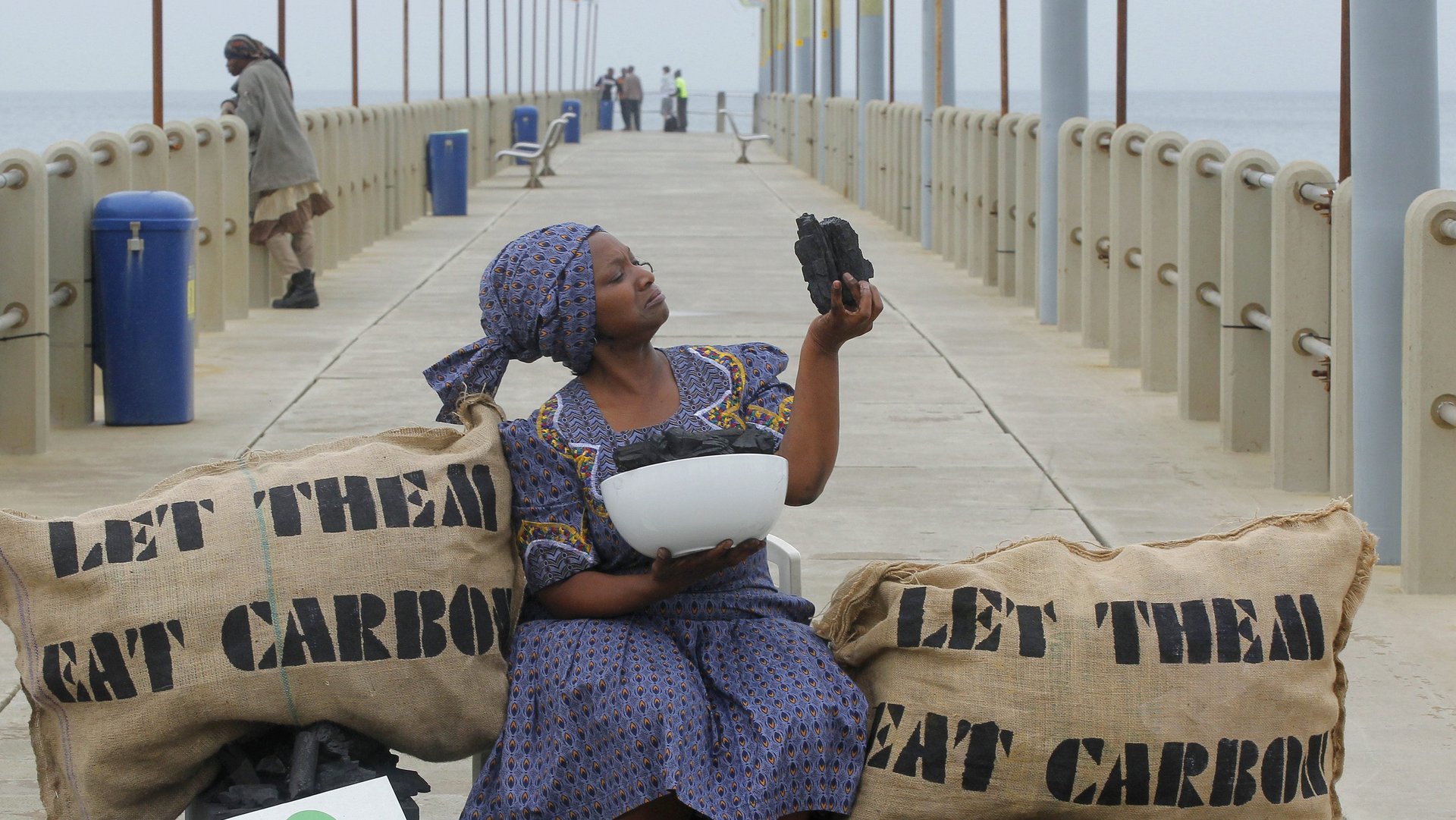Bill Gates says climate change is a threat to development because it leads to war
Climate change, it seems, is the flavor of the month. Having finally been promoted from a matter of debate to (generally) accepted scientific reality, the issue of how humans are going to cut carbon emissions has taken center stage in September.


Climate change, it seems, is the flavor of the month. Having finally been promoted from a matter of debate to (generally) accepted scientific reality, the issue of how humans are going to cut carbon emissions has taken center stage in September.
There was the marathon 7-hour debate among democratic candidates for US president earlier this month. And on Sept. 23, the United Nations will hold a climate action summit, which will be attended by—among others—teenage climate activist wunderkind Greta Thunberg, who sailed from the coast of England to New York City rather than flying to draw attention to the carbon footprint generated by air travel. It took her two weeks, if you were wondering.
The dangers presented to humanity by climate change aren’t limited to dramatic changes in weather patterns, more frequent catastrophic weather events, or rising sea levels. A warming climate, Bill Gates told Quartz, can also spark a reaction that leads to war.
“The big irony is that sub-Saharan African countries have less than 1% of [global] emissions,” Gates said, “and yet […] they’re going to suffer the most.”
He explained that climate change will create a life-threatening combination of heat and humidity in equatorial Africa. It will also harm agriculture in the region, devastating a population that is more reliant on it for food and livelihoods than other parts of the world. That will lead to food shortages and famine. And all of that will increase the possibility of unrest.
It’s a chain reaction that we may have already seen in Syria. The Syrian conflict began in 2011 when civil unrest in the country’s two biggest cities took hold and then evolved into a full-scale civil war. But before the conflict began, the country had been living through one of the worst droughts in its history. Agriculture was hit hard and more than 1.5 million fled rural areas for the cities. Some scientists now believe that was the catalyst for the conflict.
The war has since sparked a massive exodus of millions of Syrians, who fled to neighboring countries like Lebanon and Turkey, and even further to southern Europe and beyond, destabilizing whole regions and whipping up anti-immigrant sentiment.
“The main reason things go backwards is because of war,” Gates said. Many African countries, he added, could suffer the same fate as Syria.
“People say that because Syria had bad agriculture productivity, that predisposed the country towards instability,” Gates said. “If you look at all these African countries where you could have agricultural productivity problems, if […] the chance of unrest goes up, then you can get some pretty horrific outcomes.”